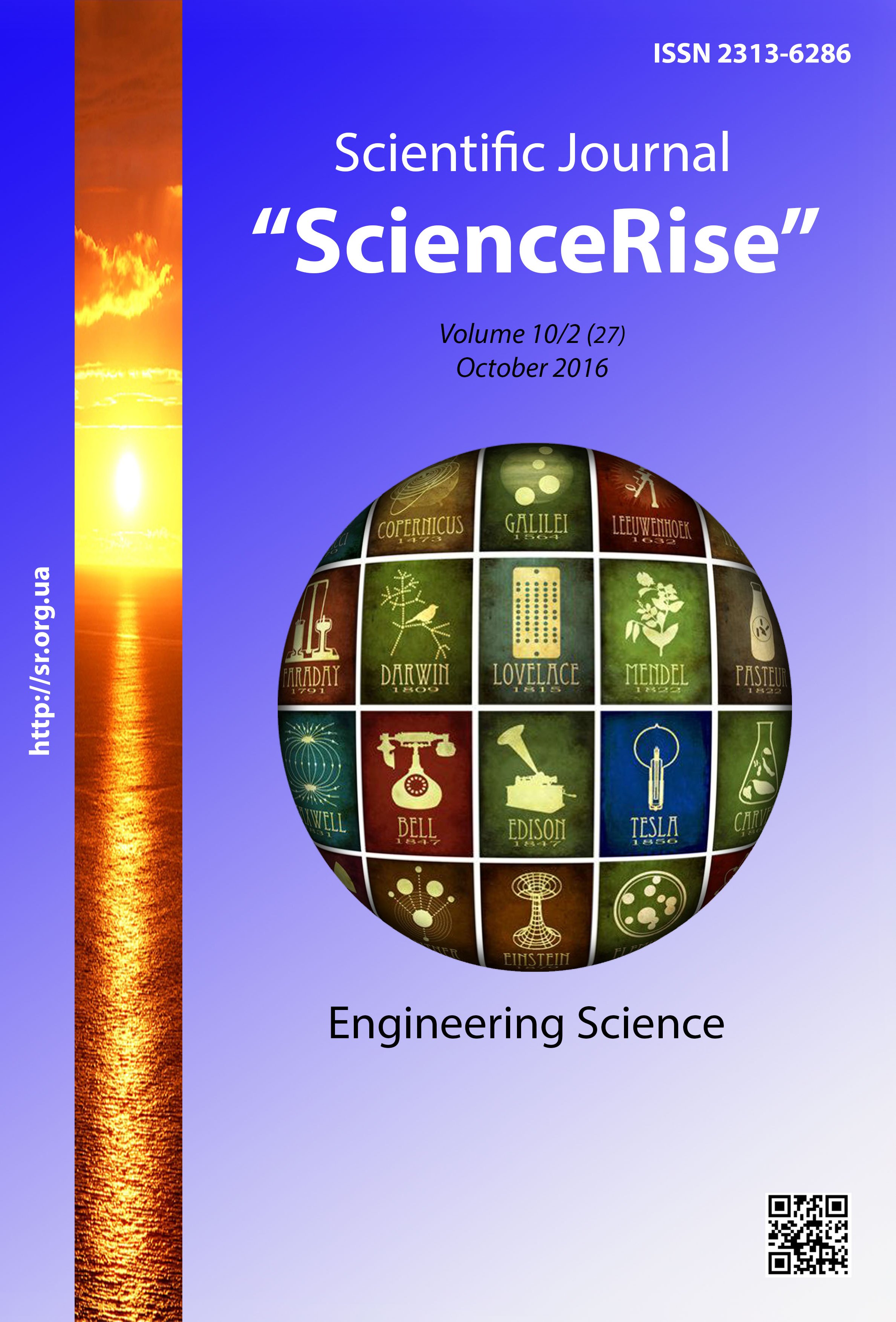Development formalization of the e-learning pedagogical scenario
DOI:
https://doi.org/10.15587/2313-8416.2016.80472Keywords:
e-learning system, pedagogical scenario, individual trajectory, search formalization, evaluation criteriaAbstract
The place of the pedagogical scenario in development of the e-learning support system has been defined. The process of student's interaction with the system of e-learning in the form of a proper dialogue has been proposed. Peculiarities of constructing typical models of scenarios of academic disciplines have been analyzed. A technique for quantitative assessment of the relationships between the objects of study in the model of a pedagogical scenario has been offeredReferences
Pushkar, O. (2004). Organisation of Training Environment Basing on Training Support System Local Identity – Global Awareness. 33-d International Symposium IGIP/IEEE/ASEE. Fribourg (Switzerland), 473–476.
Zaitseva, L. V. (2003). Methods and adapt the model to the students in the computer-based training systems. Educational Technology & Society, 6 (4), 204–211.
Zaitseva, L. V., Buhl, E. E. (2006). Adapting computer systems based on the structuring of training facilities. Training technology and society, 9 (1), 22–27.
Dorzhiev, Z. Z. (2004). Development guidelines for prima pared automated training system (AOS) on descriptive geometry in the learning process. Ulan-Ude: Izd-vo VSGTU, 72.
Coogee, S. A., Tsvetkov, Y. I. (2014). Information educational unit. Distance and virtual learning, 1, 24–31.
Popov, E. (Ed.) (1990). Artificial Intelligence. Moscow, 384.
Bel'kov, S. A. (2014). The components of the concept of «Teaching scenario». New obrazovat-flax technology in high school. Ekaterinburg. Available at: http://elar.urfu.ru/bitstream/10995/24737/1/notv-2014-021.pdf
Saaty, T. L.; Andreychikov, A. V., Andreichikova, O. N. (Eds.) (2008). Decision making at the dependencies and feedbacks: Analytical network. Moscow: Izdatelstvo LKI, 360.
Krechetnikov, K. G. (2005). Teaching design and its importance for the development of information educational technologies. ITO. Available at: http://ito.edu.ru/2005/Troitsk/2/2-0-9.html
Gyra, V. V. (2007). Theoretical bases of pedagogical designing student-centered electronic educational resources and media. Rostov-on-Don: Publ Southern Federal University, 320.
Uvarov, A. Y. (2003). Teaching design. Computer science, 30, 2–31.
Petrov, A., Yaroshevsky, M. (Eds.) (1990). Psychology. Moscow: Politizdat, 480.
Concise Dictionary Pedagogical propagandist (1984). Moscow: Izd watered. Lit., 372.
Downloads
Published
Issue
Section
License
Copyright (c) 2016 Олександр Іванович Пушкар, Вячеслав Вячеславович Браткевич, Ірина Володимирівна Литовченко

This work is licensed under a Creative Commons Attribution 4.0 International License.
Our journal abides by the Creative Commons CC BY copyright rights and permissions for open access journals.
Authors, who are published in this journal, agree to the following conditions:
1. The authors reserve the right to authorship of the work and pass the first publication right of this work to the journal under the terms of a Creative Commons CC BY, which allows others to freely distribute the published research with the obligatory reference to the authors of the original work and the first publication of the work in this journal.
2. The authors have the right to conclude separate supplement agreements that relate to non-exclusive work distribution in the form in which it has been published by the journal (for example, to upload the work to the online storage of the journal or publish it as part of a monograph), provided that the reference to the first publication of the work in this journal is included.

